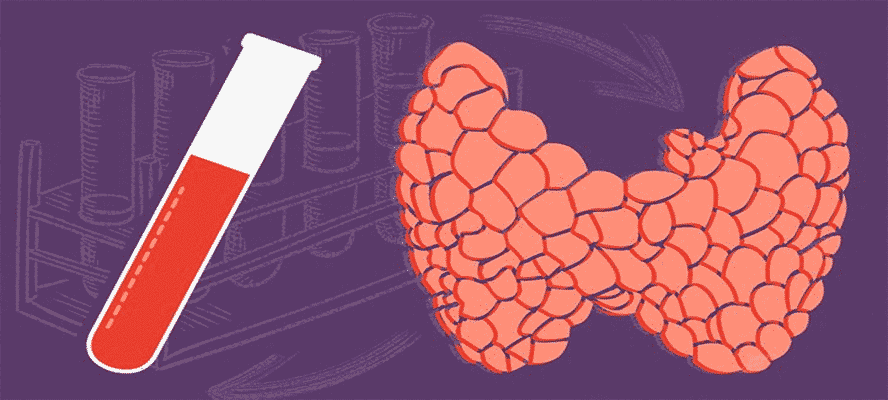With a bone-numbing fatigue, Rama suffered from restlessness for months, facing difficulties to sleep well. Constant anxiety with sleeplessness caused severe exhaustion and mood swings, to which she was prescribedThyroid Function Test. Results showed alarming low levels of TSH and elevated T3 and T4, diagnosing hyperthyroidism. Much to her dismay and shock, she realised this mere sleep disturbance was not just work stress….








